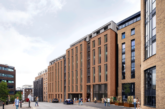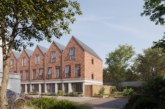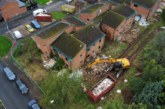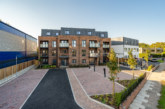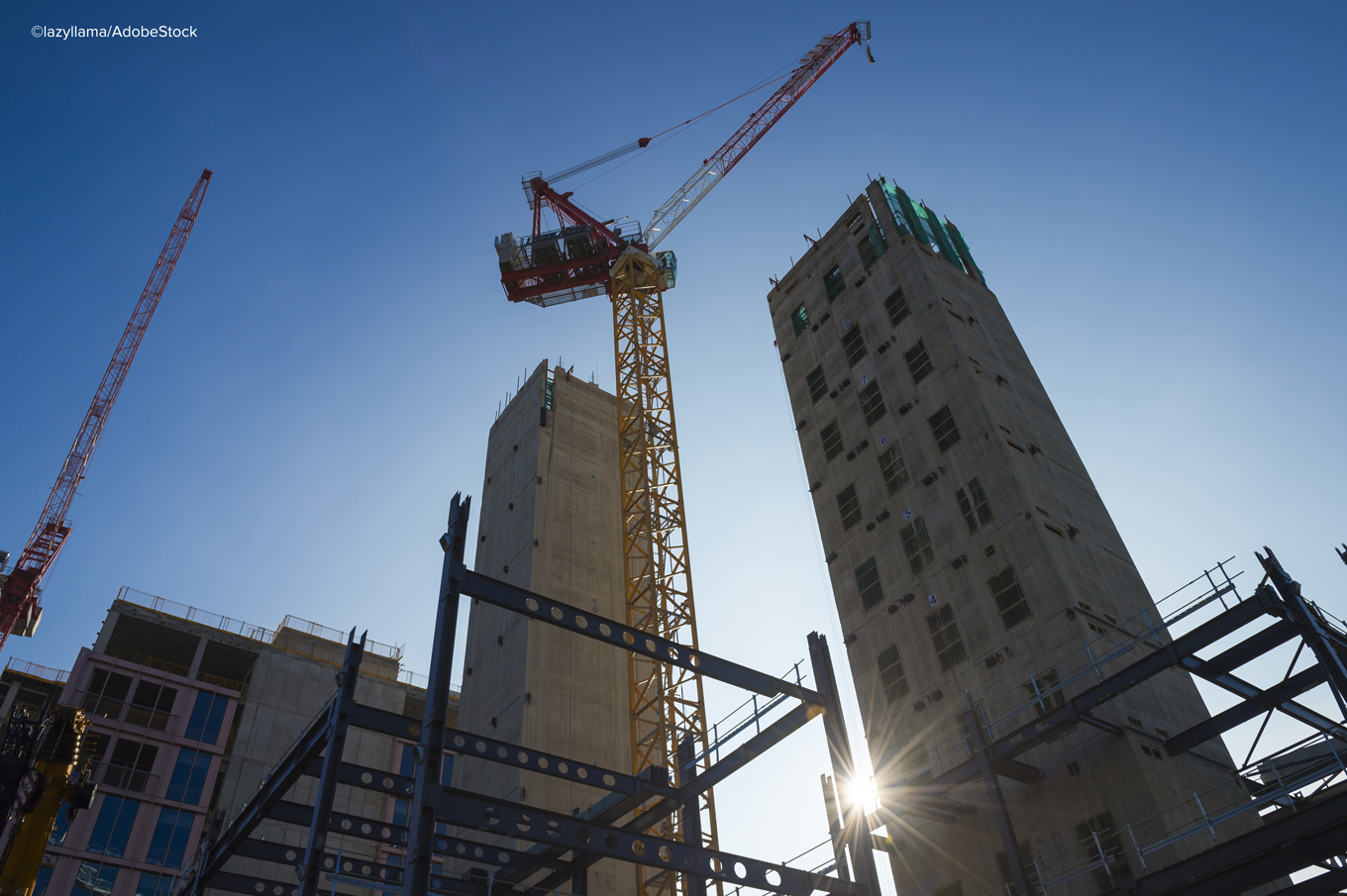
At the Conservative Party Conference, the Secretary of State for Housing, Communities and Local Government, James Brokenshire, announced that Government will be banning the use of combustible materials on the external walls of new high-rise buildings over 18m.
In his speech, the Secretary of State for Housing, Communities and Local Government said: “My work with Grenfell United and the wider community has been hugely helpful in keeping this issue right at the top of the Government’s agenda. And that is why I can confirm that I will change the Building Regulations to ban the use of combustible cladding for all high-rise residential buildings, hospitals, care homes and student accommodation. And bring about a change in culture on building safety.”
Responding to the ban on combustible cladding systems, Lord Porter, Local Government Association Chairman, said: “It is great that James Brokenshire has listened to our calls for a ban on the use of combustible materials on complex and high-rise buildings.
“An effective and total ban will provide clarity for building owners who need to know what they can use to replace dangerous cladding and insulation and immediately help keep buildings safer. This ban will help ensure that the tragedy at Grenfell Tower can never be allowed to happen again. It needs to be introduced as quickly as possible.”
Tom Roche, Senior Consultant for International Codes and Standards at a commercial property insurer, FM Global, welcomed the announcement but added words of caution: “The Government ban on combustible materials is a step in the right direction and demonstrates that the Government is taking action to improve the fire safety regime in England. However, building owners should not assume a ban on combustible cladding will be enough to protect their buildings.
“This ban does nothing to reduce fire-risk for buildings below the height of 18m which can still use such materials — a grievous oversight when large-scale commercial and residential buildings often fall below this height — nor does it negate the risk of fire damage for high-rise buildings. Fire protection systems such as sprinklers are still not mandatory for all high-rise buildings in the UK. Even once this ban is in effect, building owners must go above and beyond current regulatory guidance in order to make sure that their buildings are effectively protected from fire risk.”
Richard Jones, Head of Policy and Public Affairs at the Institution of Occupational Safety and Health (IOSH), said: “As was revealed in Dame Judith’s review findings, the UK system requires fundamental reform. Given that this will take significant time and the fact the public is very concerned about fire safety, banning the use of combustible materials on new high-rise residential buildings is a step in the right direction. It provides some clarity and simplification for the construction industry.
“But it doesn’t go far enough. In cities and towns across the UK, many people live and also work in high-rise buildings. They all need to be protected. Therefore, the ban should cover all high-rise buildings, existing and new, and both residential and non-residential.”

